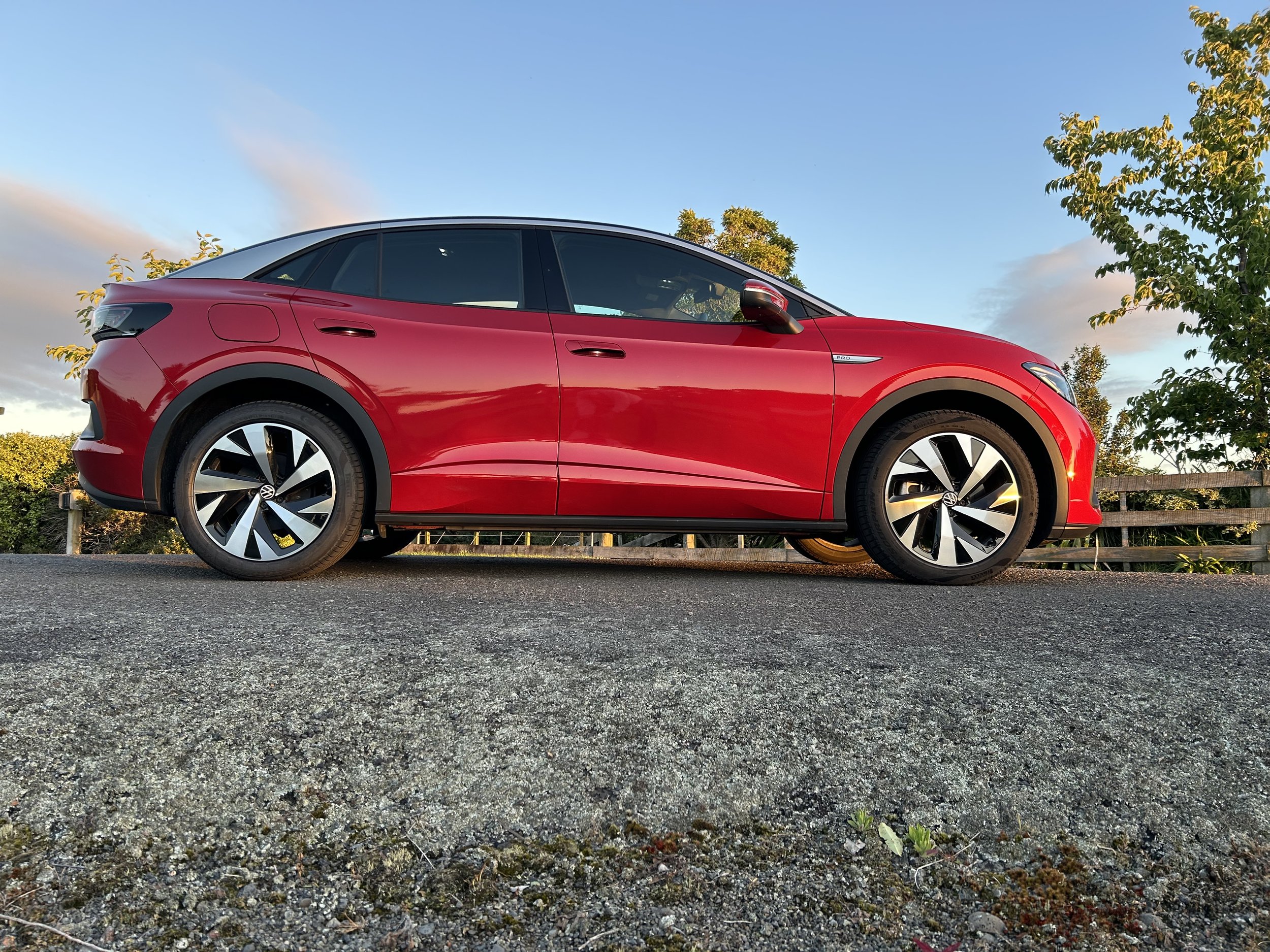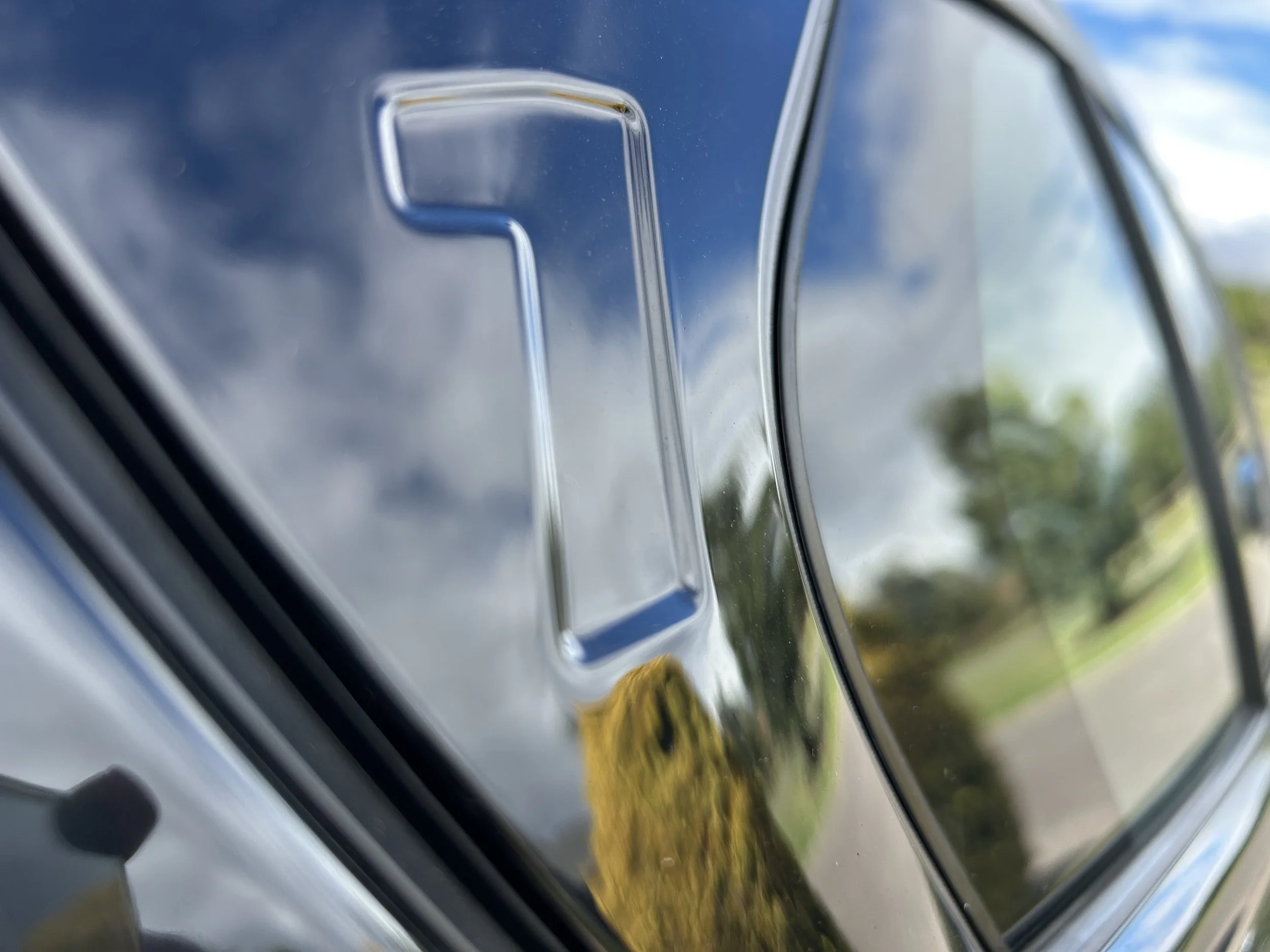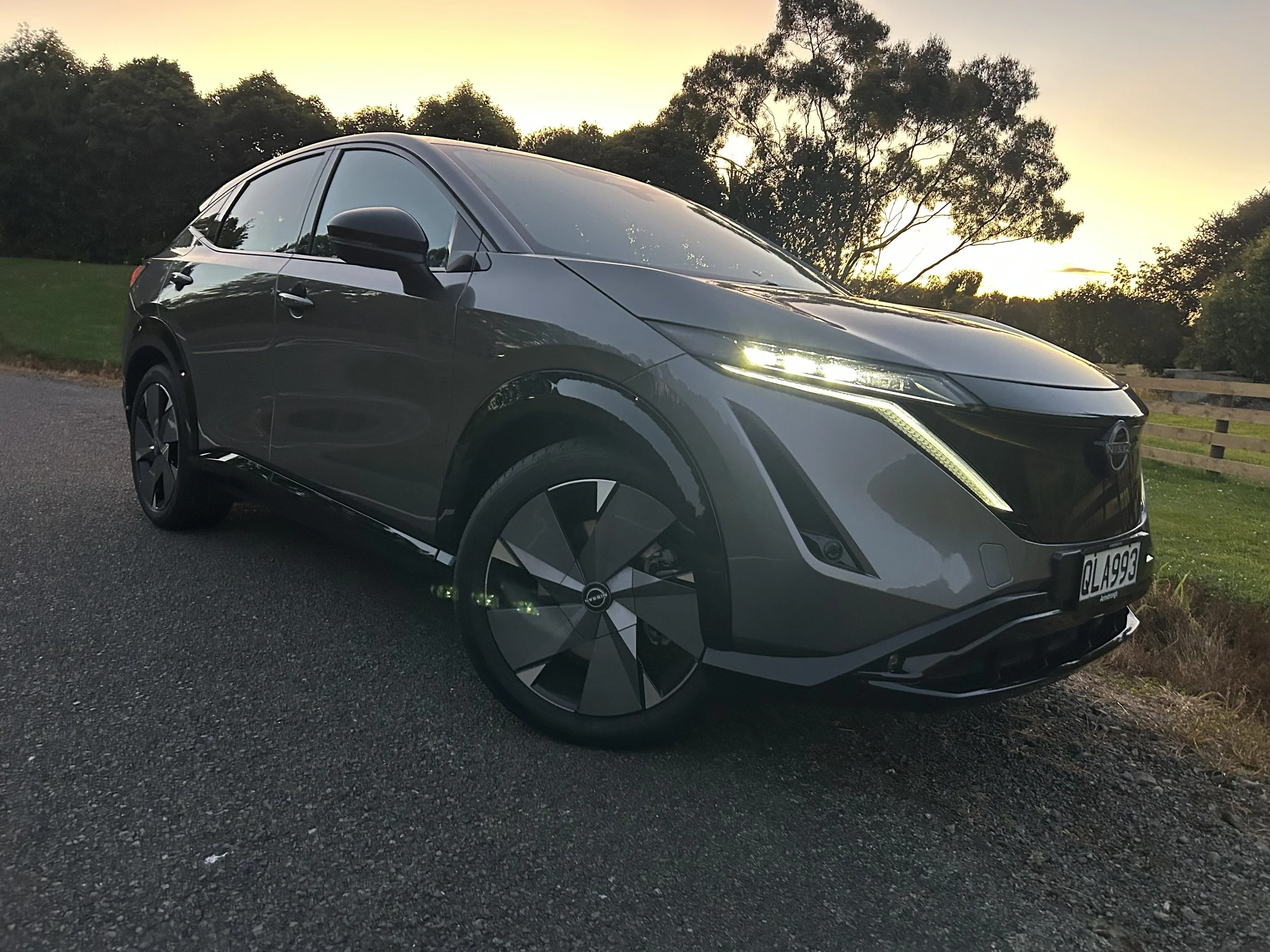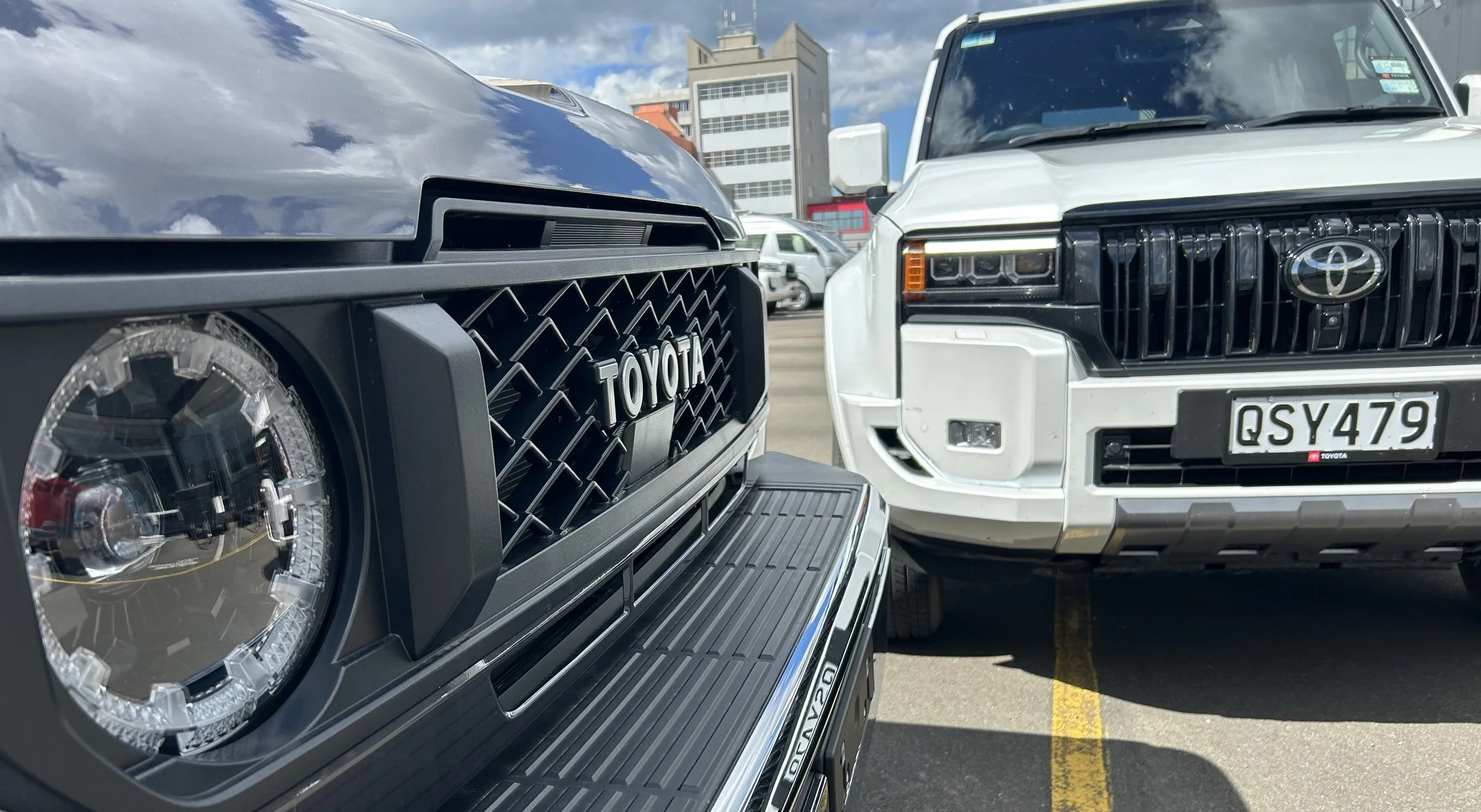VW NZ drops ID model, revises EV forecast
/Consignments cancelled as distributor fears consumer interest in new electrics might lapse for three to six months.
THE ID.4 (above) will remain but the ID.5 (below) has been dropped after just six months on sale.
CONVICTION the new electric car market has soured and won’t recover until at least mid-year has caused Volkswagen New Zealand to freeze ordering any more ID battery cars and to axe a derivative released last July.
The Auckland-based distributor says it has not given up on electric, but also cites removal of the Clean Car Discount that incentivised buying being a huge blow to its own strategy.
While it will still launch the smallest VW electric in production, the ID.3 hatch, here at year-end and has eyes on the baby, and potentially cheaper, ID.2 in 2025 in hatch and crossover forms, others among the eight ID cars on Germany’s release schedule will receive careful scrutiny.
The large ID.7 that builds in sedan and wagon form has already been ruled out.
In the meantime, for most of 2024 the ID.4 five-seater sports utility will become the sole offering, still in Pro and Pro Plus trims that at full retail cost $79,990 and $89,990, though they have sold for much less under special pricing. A performance-themed, dual motor ID.4 GTX will provision next year.
Gone, once current stock exhausts, is the coupe-roofed ID.5 sister model, having to date snared 165 followers according to registrations data, most private buyers opting for the Pro than the Pro Plus that holds a full RRP of $94,490. The ID.4 has claimed 388 registrations, with the Pro edition standing as the most popular ID overall.
The introduction of plug-in hybrid versions of the Golf and Tiguan is still a go, but keeping the Passat passenger model in circulation is now no longer planned. Again, it’ll be gone once current supply is finished with.
VW NZ fought hard for ID; it hoped for 2022 release but was thwarted by many issues, Covid included, and finally only got cars from July, the bulk landing in September.
Then local boss Chanelle McDonald (below) was excited, predicting they would be the start of VW NZ becoming an electric car company.
“I think that the opportunity we have in front of us is obvious,” she said at a ID media event last August.
“We have a German-engineered quality brand and product. We still obviously have internal combustion products, but the focus for the brand here now is really that transition.”
Today, at a media meeting for the updated Touareg large sports utility, the story had changed considerably.
She shared that latest sales forecast for the battery models is sobering and an all-but complete turnaround on a product plan formulated this time last year.
Having pitched Germany for enough supply to fulfil hope of 1200 ID sales this year, on prediction they’d account for 30 percent of the total 2024 VW passenger volume target, the Auckland-based operator now believes it will do well to sell 600.
The Giltrap Group’s core European marque has cancelled consignments and McDonald has just come back from VW’s global headquarters in Wolfsburg, Germany, where the change of market condition was a subject of discussion.
While steering from outright attacking the Government’s policies, McDonald suggested the short-term outlook is bleak and feels it will take consumers months to get over not having a helping hand.
“I think we had a really kind of clear vision of where we as a brand and as manufacturers were going with electrification here in New Zealand and it definitely feels that it has slowed with the removal of the rebate.”
The CCD had pros and cons, she says, but losing it was a shame. “It's interesting. I feel that with the CCD, it kind of comes in two parts in that it falsified the market in a way.
“I think with that being removed that we will probably see a lot more of a normalised and stable market.
“But do I believe that they made the right decision? I think it's a shame for New Zealand not to be pushing that kind of clean green (image).
“We've seen success of what's happened in European countries like Norway and adoption of the electric vehicles there.”
VW NZ saw great potential from Government paying a $7100 rebate on electrics selling for less than $80,000 and priced the Pro editions to benefit.
But expectation of doing as well as it had planned was scuppered virtually from the outset. Timing could not have been poorer.
An initial bulk order of 800 cars, signed off at the start of 2023 when CCD was feeding an EV sales frenzy, arrived barely four weeks before the mid-October General Election.
The National-led coalition that emerged vowed to scrape the scheme, which happened on December 31.
VW NZ said it the writing was on the wall and felt it had to accelerate interest while the payout still availed to avoid being left with excess stock; cars it had hoped would be rebate-eligible in the new year.
So within weeks of the cars hitting dealerships it undertook a strategy usual unthinkable for launching a new car - a big discount scheme.
The ‘Electric Trade In’ initiative matched the rebate with a dollar-for-dollar discount, which effectively took $14,000 from the cars. All a buyer had to do was bring in an old electrical appliance, working or not.
VW NZ says the audacity of that promotion has been praised internationally. But while the push got cars out the door, to point of accounting for the bulk of the 550 registrations to date, it likely wasn’t without cost.
It won’t say if it lost money on the deal, but has previously admitted ID profit margin is slim and that the base RRPs required factory support. It also agrees the discounting will factor into depreciation.
If there’s an upside, it’s that losses on EV sales might be balanced out to some degree by growth in sales of models previously affected by CO2 penalties, now all gone. It sold more of the petrol seven-seater Tiguan Allspace SUV last month than it had done in the previous six months combined; Amarok ute volume also rose.
McDonald said National had made clear the rebate would go and, as early as August, it seemed cleared a change of Government was coming:
“We just knew that we had to be prepared and have something ready because of it meant that they were coming into Parliament that we only had a short timeframe to be able to turn around and have that extra incentive for customers to then purchase electric.
“It wasn't an ideal position that we wanted to be in … we had a lot of stock coming through and when we place orders for vehicles, it generally is a nine month lead time from placing that order to production to receiving it here.
“We did what we felt was best to navigate the reality of our market.
“It’s not a position that we would have liked to have been in … but we just had to look at what was right for the market and for our business.”
That campaign is over. No more IDs will be brought in until those already here are spoken for.
That means an update that improves the models’ infotainment system and boosts the power output and range will be delayed, perhaps until 2025. The revision, to counter consumer criticisms, has already availed in VW’s primary right hand market, the United Kingdom.




















